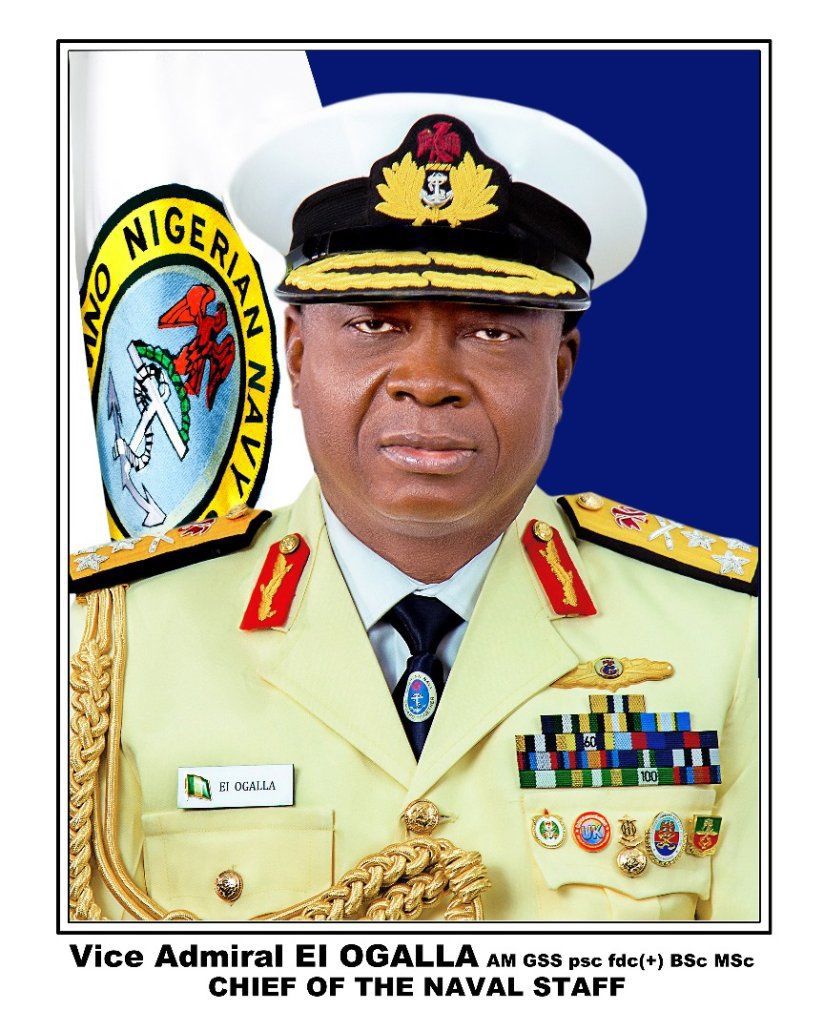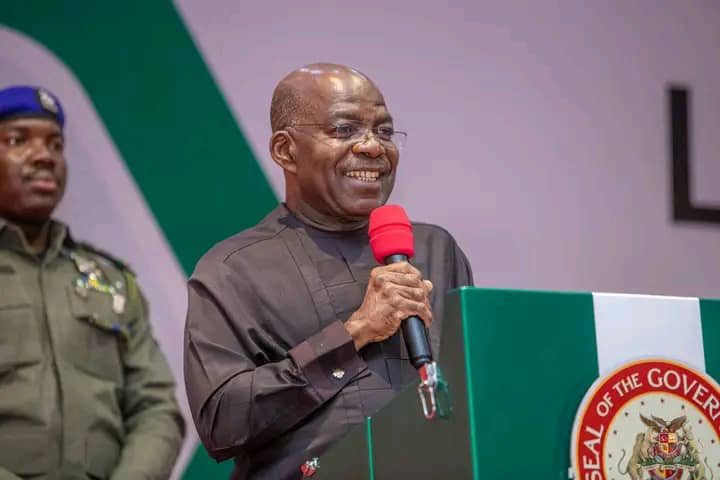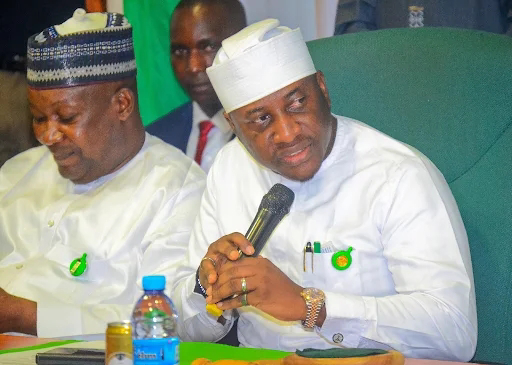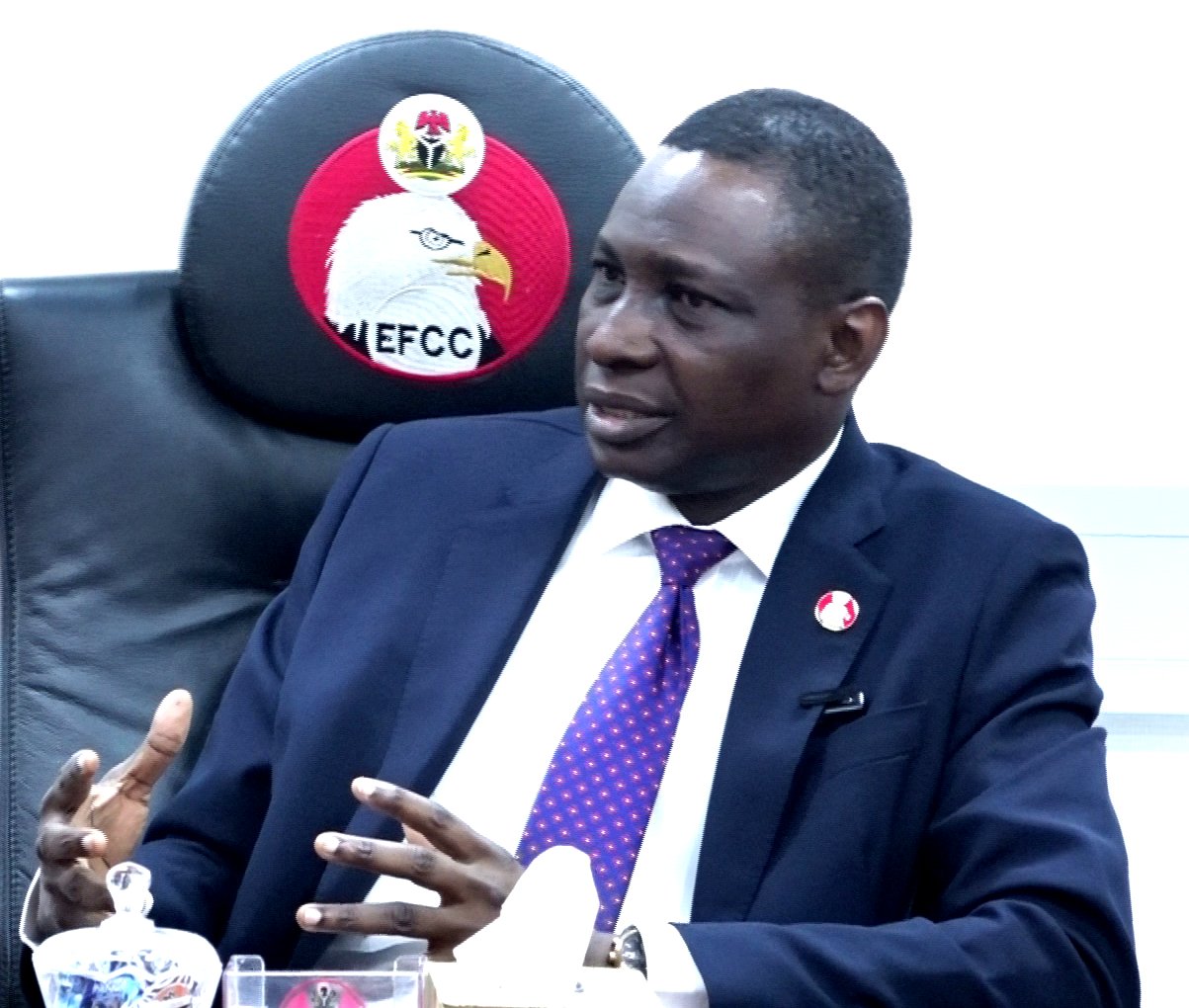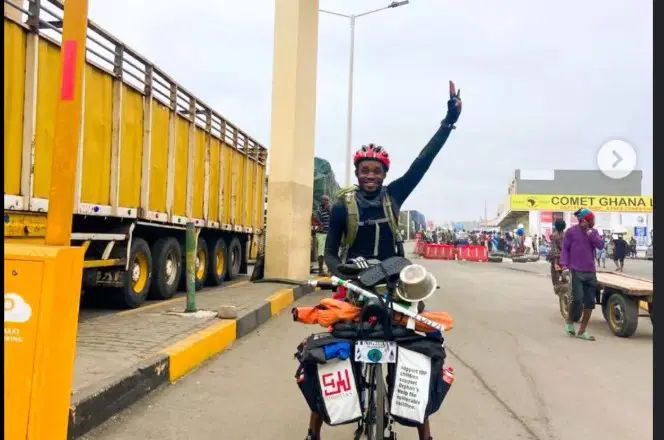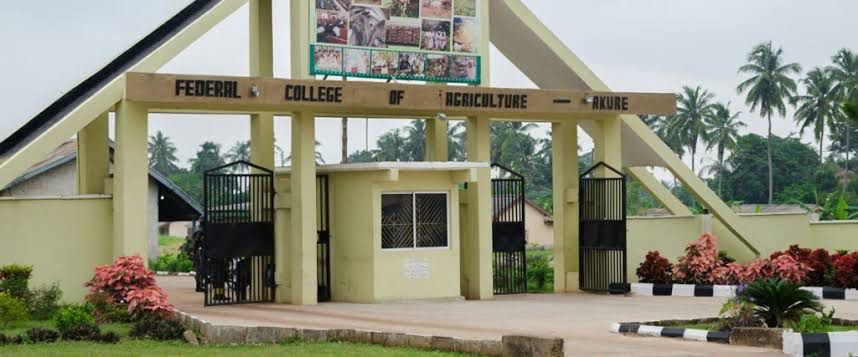BY BABAJIDE FADOJU
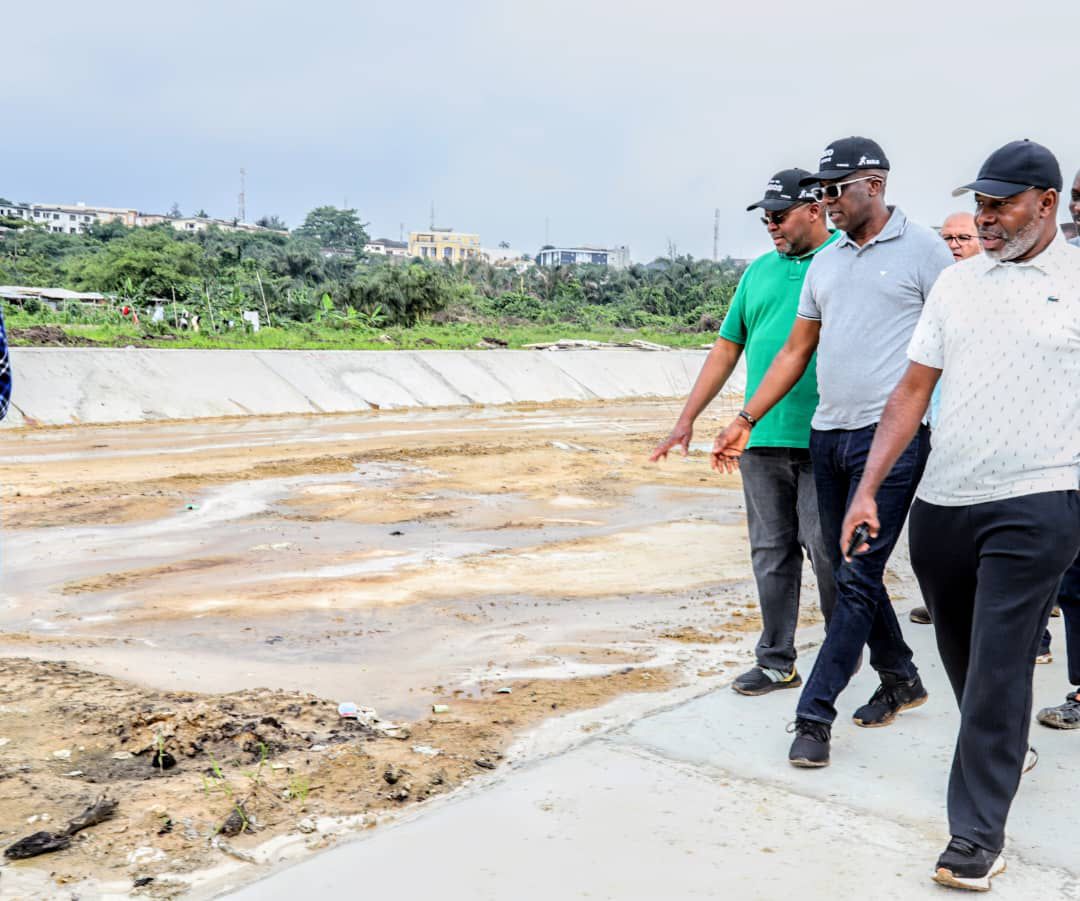
Over the past fortnight, spanning late June through early July 2024, Lagos State has embarked on an aggressive environmental transformation under the directive of Commissioner Tokunbo Wahab.
This campaign combines rigorous enforcement, proactive cleanups, and a landmark ban on single-use plastics, signaling a decisive shift in the state’s ecological governance.
Wahab’s hands-on leadership, amplified by strategic media engagement, is steadily converting skepticism into tangible progress across Africa’s largest metropolis.
The most consequential development unfolded on July 1st, when Lagos commenced full enforcement of its ban on single-use plastics and styrofoam containers.
Now entering its second week, this policy has ignited vigorous debate across social media platforms, news outlets, and community forums.
Early critics alleged inadequate stakeholder consultation, but the Ministry of Environment and Water Resources has systematically countered these claims. Through a multifaceted approach involving town hall meetings, digital explainer videos, and daily on-ground visibility, Wahab’s team has demonstrated extensive pre-implementation outreach.
Commissioner Wahab’s digital communication strategy has been particularly instrumental in driving awareness. Across Instagram, X (formerly Twitter), and Facebook, his accounts feature real-time documentation of enforcement squads confiscating prohibited materials, community cleanups unclogging critical drainages, and educational content underscoring the policy’s urgency.
Viral reels revealing styrofoam-choked canals in Mushin and Bariga, juxtaposed with infographics on sustainable alternatives like reusable packaging and plantain-leaf wrappers, have translated abstract environmental concerns into visceral public understanding. This consistent visibility, officials argue, has achieved what years of subdued advisories failed to accomplish: fostering collective accountability.
The groundwork for this shift was laid in late June through targeted “Operation Deep Clean” exercises. Commissioner Wahab personally supervised multi-agency raids along environmental blackspots including the Agege Railway Corridor, Oke Koto, Isale Oja, and Agidingbi. These operations resulted in nearly 100 arrests for illegal waste dumping, unauthorized trading on drainage setbacks, and obstruction of rail corridors.
Critically, each raid was documented and disseminated online, showcasing both the scale of degradation and the government’s resolve. This fusion of physical enforcement with digital transparency represents a new template for public accountability in Lagos’ governance.
Beyond enforcement, Wahab has prioritized dialogue to sustain policy legitimacy. He has engaged citizens through live interviews on platforms like The KK Show, hosted dedicated sessions with market unions, and maintained responsive communication via social media comment threads. This accessibility has reframed the narrative: environmental compliance is positioned not as punitive imposition but as shared civic responsibility.
In Lagos’ hyper-connected digital landscape, where misinformation can undermine policy credibility, this proactive engagement has anchored public discourse in verifiable actions.
The dual strategy of regulation and persuasion is yielding early behavioral shifts. Though challenges persist, particularly in regulating informal vendors and major markets like Balogun and Mile 12, observable changes are emerging.
Markets in Ojota, Yaba, and CMS now display signage promoting reusable containers, while food vendors openly encourage customers to bring their own bowls, a cultural shift in Lagos’ convenience-driven street economy. Bulk-buy cooperatives for biodegradable packaging have reportedly formed among trader associations, signaling grassroots adaptation.
The true significance of these weeks extends beyond cleaner streets or reduced single use plastic volumes. It represents a rupture in Lagos’ longstanding cycle of environmental apathy.
Previous initiatives often faltered against public cynicism and institutional inertia. Wahab’s approach; blending uncompromising enforcement with relentless public engagement, suggests that visible political will can recalibrate civic attitudes.
The success of Lagos State’s bold ban on single-use plastics (SUPs) hinges critically on effective enforcement. This is where the Lagos Waste Management Authority (LAWMA) steps into the spotlight as the operational linchpin.
Charged with translating policy into tangible action, LAWMA’s mandate extends far beyond simple waste collection; it is now the frontline agency actively enforcing the ban across the mega-city.
LAWMA’s enforcement isn’t just about punitive measures; it’s a multi-pronged strategy: Rigorous monitoring and compliance checks target businesses and individuals, ensuring the ban’s regulations are understood and adhered to.
Simultaneously, LAWMA is driving a massive public awareness campaign, conducting stakeholder meetings, and deploying multilingual educational materials to foster understanding and voluntary compliance.
Crucially, they are integrating the ban into the core of waste management, promoting segregation, boosting recycling infrastructure, and developing systems to handle the transition away from ubiquitous SUPs.
Recognizing the scale of the challenge, LAWMA is also forging key collaborations – partnering with waste collectors, recyclers, and the private sector to build a cohesive ecosystem supporting the plastic-free vision and encouraging broader adoption of sustainable practices.
Nevertheless, substantial hurdles remain. Eight days of plastic enforcement cannot magically rectify decades of unregulated waste; two weeks of cleanups barely address systemic infrastructure gaps. Maintaining momentum requires scaling enforcement to industrial producers of single-use plastics, investing in affordable alternatives for low-income traders, and deploying circular economy solutions for plastic waste collection.
Environmental transformation is inherently protracted and underappreciated work. Yet Lagos’ recent actions under Commissioner Wahab reveal critical ingredients for success: leadership that operates in the public eye, policies grounded in operational realism, and a communication strategy that documents rather than declaims. If sustained, this model may finally turn the tide toward a Lagos where cleaner streets evolve into a healthier, more resilient urban future.

